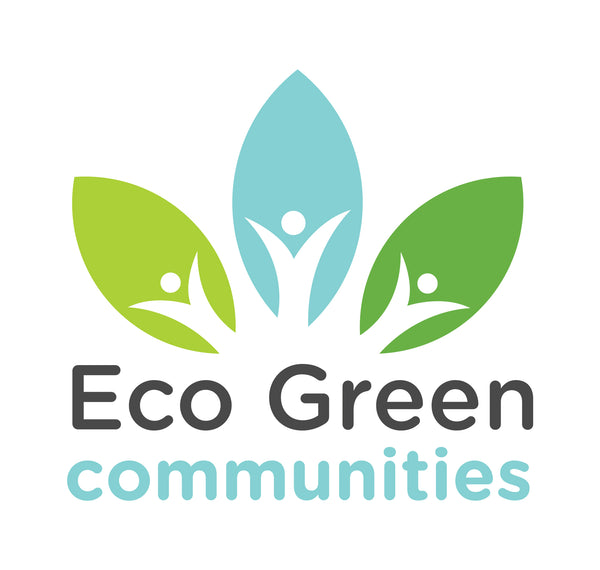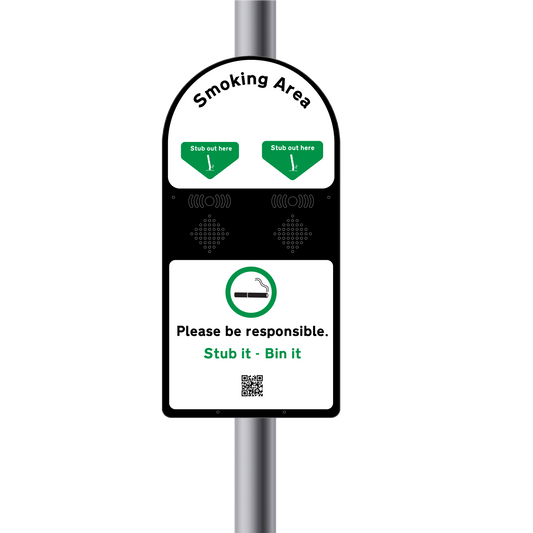Cigarette Butt Bins
Dropped cigarette butts are the most common form of litter found on UK streets, becoming a nightmare for litter picking groups and council waste management. Align your business with positive environmental change with our cigarette butt bins!
-
Cigarette Butt Bin - Add Your Brand
Regular price £85.00 GBPRegular priceUnit price / per -
Cigarette Butt Bin - Standard Design
Regular price £85.00 GBPRegular priceUnit price / per


